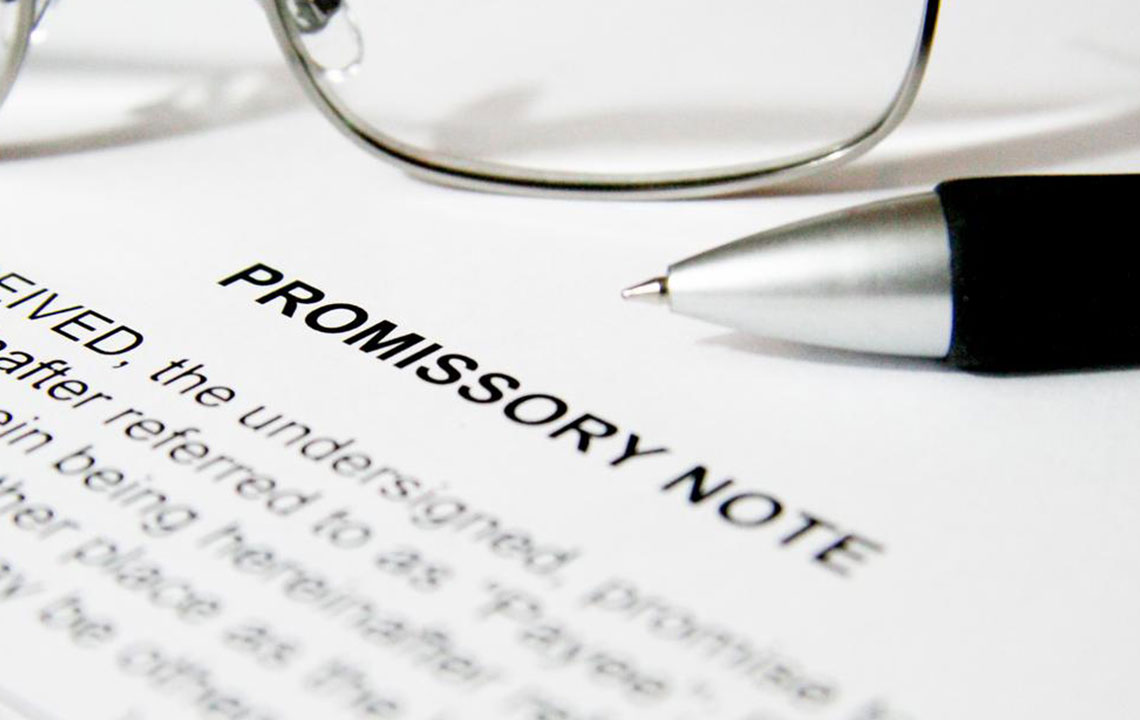Essential Elements of a Promissory Note
A promissory note is a simple financial document that outlines the borrower's agreement to repay a loan within a specific period. Key clauses like acceleration, prepayment, and legal expenses define the terms of repayment and legal protections. This straightforward instrument helps maintain clear records for lenders and borrowers. Drafted with ease, it is essential for structured lending arrangements and legal compliance. Understanding its key terms ensures smooth transaction execution and security for both parties involved.
Sponsored

A promissory note serves as a formal commitment by an individual or entity to repay a specified loan amount within an agreed timeframe. It is designed to hold the borrower responsible for loan repayment to banks or private lenders while serving as a record for financial and tax purposes. The note is straightforward and easy to draft, requiring minimal legal expertise from either party. Key clauses common in promissory notes include:
Acceleration: Allows the lender to demand full repayment if the borrower defaults or fails to settle by the deadline.
Payment Allocation: Details how payments are distributed across interest, principal, and late fees.
Legal Expenses: Covers costs for lawyers or court proceedings if the borrower defaults. If the borrower wins, the lender is responsible for these expenses.
Non-waiver: Indicates that failing to exercise a right immediately doesn’t mean giving it up.
Prepayment: Sets rules for paying off the loan early, possibly including fees for early repayment.
Presentment Waiver: The lender isn't obligated to remind the borrower when a payment is due. It’s the borrower's duty to pay on time. If missed, the lender can issue a notice and initiate legal action if necessary.





